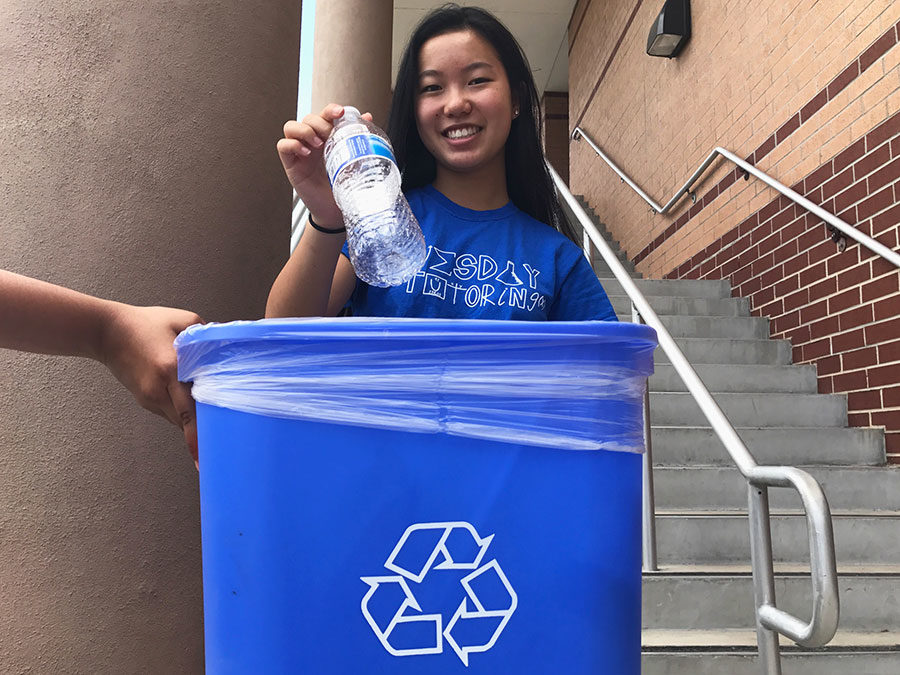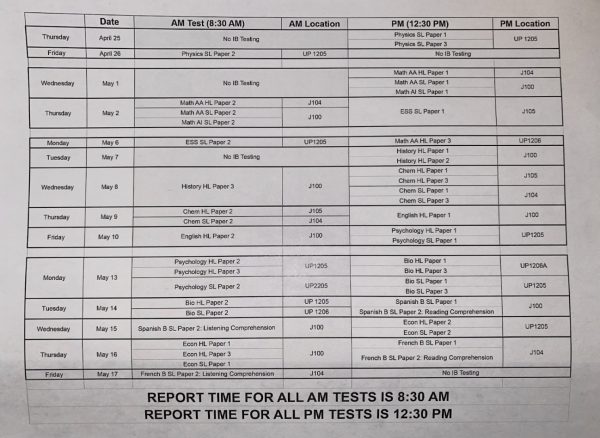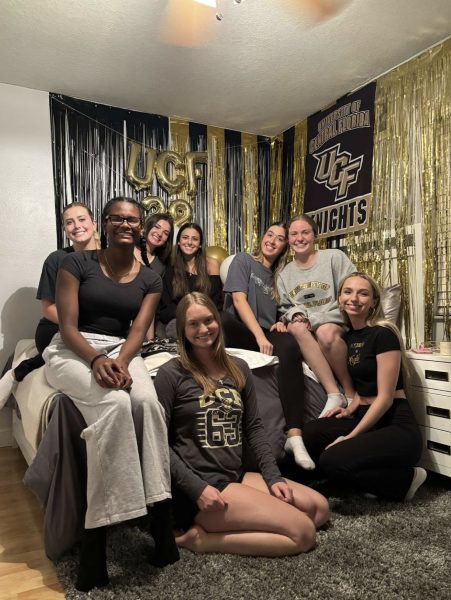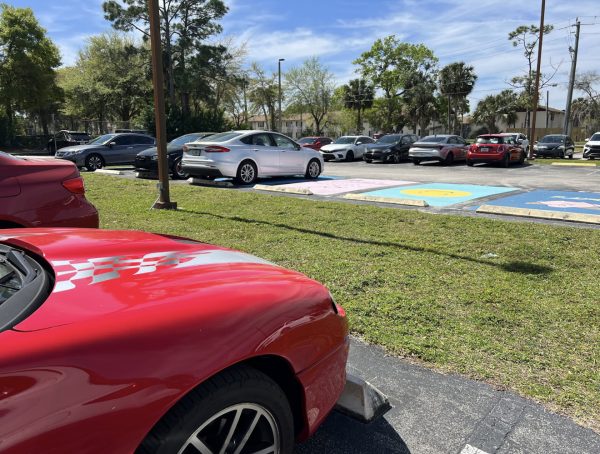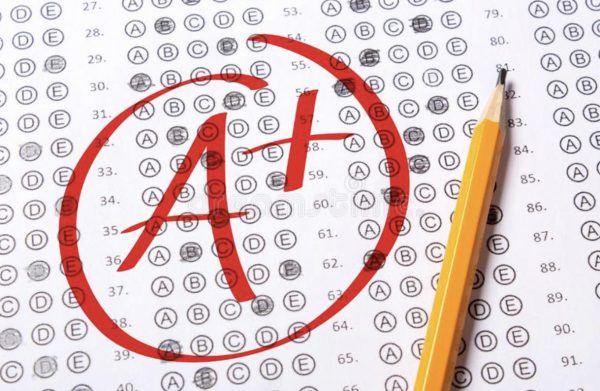ECO-FRIENDLINESS NEEDED AT SEMINOLE HIGH
Seminole High is in need of better recycling programs to further campus eco-friendliness.
April 13, 2017
With Earth Day approaching, it is more important than ever to consider the vast impacts we leave as a community on the environment around us. As a campus of over 3,000 students, Seminole High School’s footprint on the Sanford environment is relatively large, making it crucial to assess the success and failures of eco-friendly policies at the school. Going forward into a future where environmental consciousness could and will have tremendous effects on our everyday lives, it’s time that Seminole enacts conscious change as a school to improve the environment for future generations.
“If you think about it, Seminole has a huge impact on the environment,” sophomore Divya Mehta noted. “We’ve got a sizable population, and we’re the future generation of environmental leaders. That makes it extremely important that we come to a decision, as a student body, that we’re going to care. Eco-friendliness doesn’t necessarily mean millions of dollars on solar panels. It can be simple things, like waste disposal.”
More specifically, Seminole High School has had a spotty record when it comes to recycling. A random poll by the Seminole Newspaper found that 33 percent of students did not recycle regularly at school; even fewer, at 29 percent, were aware that a recycling program even existed. This highlights the necessity of more awareness at our school towards recycling.
A recycling program was indeed implemented this year by the Young Men of Excellence. They placed recycling bins in classrooms this fall, reflecting what is hopefully a growing trend towards eco-friendliness at Seminole High School. According to member Makobe Daniels, these measures have yielded a small degree of success; the Young Men of Excellence collect about 10-15 trash bags of recyclables every week. However, considering the fact that 50-100 bags of non-recyclable trash are collected every day, there is much room for improvement.
“Every Thursday, we go by to the buildings and pick up the blue bins in office. If teachers let us into their classrooms, we pick up water bottles,” said Daniels. “I don’t think we get as much [recyclables] as we should, but we get a pretty good amount.”
However, this is not Seminole High School’s first attempt at recycling. According to campus maintenance employee Antoine Cassanova, several years ago there was an attempt to install recycling bins in the cafeteria. Limited student participation caused the program to be disbanded by administration.
“We used to have a can for bottles, and a bin for paper or cardboard,” remembered Cassanova. “[Students] weren’t using them. They were putting [trash] into the can instead of the recycling bin.”
This doesn’t mean that it’s time for Seminole High School to abandon hope of recycling: it means that it’s time to take a fresh, revamped approach to encouraging the student body to recycle. Considering the fact that 89 percent of students reported that they felt it was important for Seminole to recycle, it’s necessary to make sure they are aware of the means to do so. Cassanova believes that it is within students’ power to make campus more eco-friendly.
“If everybody would recycle how they should, this campus would be perfect,” he said. “We’ve got teachers, others taking the initiative to make a recycling program happen. It’s just students who need to take that initiative.”
While this is easier said than done, it is important to note that there are many ways to make this happen. The school spends a great deal of effort advocating for a variety of programs like Grad Bash and parking tickets on NDN or during Powwow, making it very possible to do the same for recycling. Daniels believes that communication is key to mobilizing the recycling population of Seminole High School.
“I think we should put out more recycling bins around campus, more posters saying to recycle, make a bigger movement,” he said. “We have to do our part in our community and keeping our campus clean. The less money we spend in trying to clean it, the more money we can spend on something else.”

























